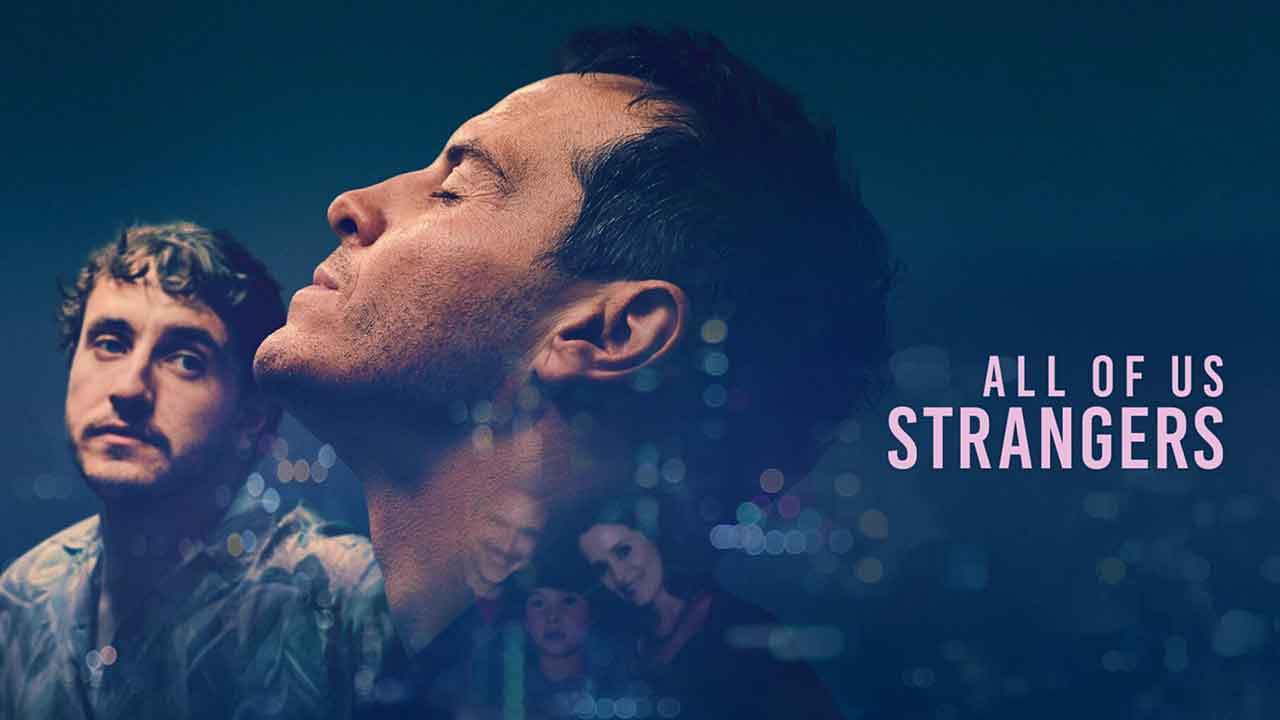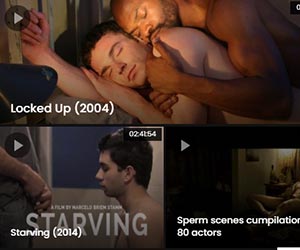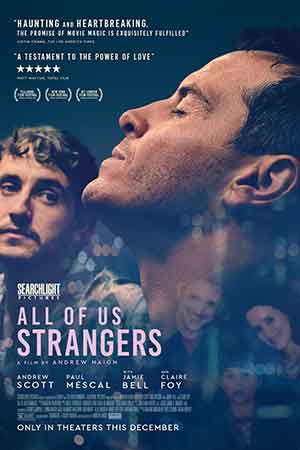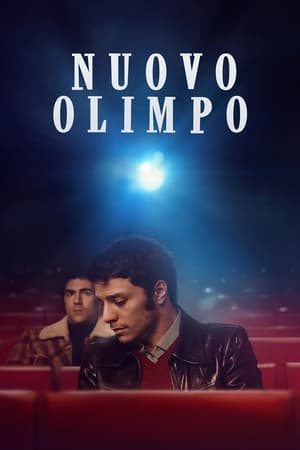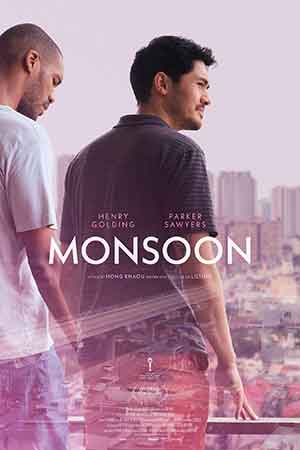Some films tell stories. Others tell truths. But a rare few, like All of Us Strangers, speak the silent language you carry inside yourself — the one you thought no one else could ever understand. Directed by Andrew Haigh, known for his tender storytelling (Weekend), this is his most delicate, most devastating work yet. Andrew Scott plays Adam, while Paul Mescal appears as Harry — perhaps real, perhaps just a dream. The film, based loosely on Taichi Yamada’s novel Strangers, was released in 2023 — but it transcends any adaptation. It walks straight into your heart. …
Some films tell stories.
Others tell truths.
But a rare few, like All of Us Strangers, speak the silent language you carry inside yourself — the one you thought no one else could ever understand.
Directed by Andrew Haigh, known for his tender storytelling (Weekend, 45 Years), this is his most delicate, most devastating work yet.
Andrew Scott plays Adam, while Paul Mescal appears as Harry — perhaps real, perhaps just a dream.
The film, based loosely on Taichi Yamada’s novel Strangers, was released in 2023 — but it transcends any adaptation. It walks straight into your heart.
The Plot, If We Can Even Call It That
Adam is a lonely screenwriter living in a nearly empty apartment tower on the edge of London.
His days slip by in silence, and the nights are even quieter.
Until Harry appears — a neighbor reaching out, or maybe just the ghost of a hand.
At the same time, Adam begins visiting his childhood home.
There, he finds his parents — young, alive, smiling.
Even though we know — and somewhere deep down, Adam knows too — they died decades ago.
Through these visits, the film weaves a delicate web between reality and memory, love and absence, life and loss.
When Truth Isn’t Spoken, But Seen
In one of the film’s most wrenching scenes, Adam sits at the kitchen table with his parents.
And finally, after all the years of silence, he says:
“I’m gay.”
His mother, gently puzzled, replies:
“You don’t look it.”
And then comes the sentence that hits harder than any rejection:
“They say it’s a very lonely life.”
Adam answers, almost whispering:
“If I am lonely, it’s not because I’m gay.”
His parents look at him — truly see him — and say:
“So you’ve been lonely.”
No judgment.
No grand speeches.
Just that — loneliness, recognized too late.
When You Realize You’ve Been Speaking to Ghosts
As the film drifts like a dream you don’t want to wake from, we reach its quiet collapse.
Adam walks to Harry’s apartment.
He finds him.
Still.
Dead.
Perhaps he had been dead ever since the night he knocked drunkenly on Adam’s door.
Perhaps he had never truly been there at all.
And then you realize:
Everything Adam touched, everything he loved — might never have been real.
Not his parents.
Not his lover.
Not even the future he tried so desperately to build.
Only ghosts.
Only tender shadows of what he had needed most.
A Film That Doesn’t End When the Credits Roll
When the screen goes black, you’re left alone.
With your own memories.
With your own unsaid words.
With your own ghosts.
All of Us Strangers is not a story about the love we find.
It’s a story about the love we summon — out of memory, out of loneliness, out of the desperate need to still be loved by those who are long gone.
And in the end you remain silent…
This is not a film you casually recommend to friends.
This is a gift you give to someone — like a final unspoken embrace.
And if you let it in…
you will not walk away unchanged.
